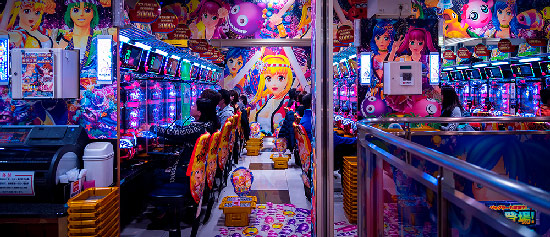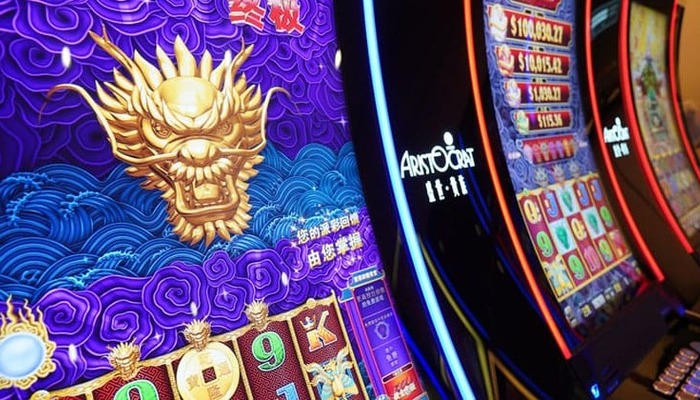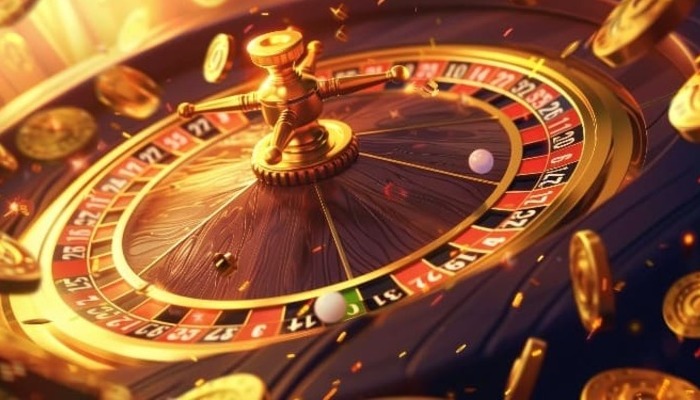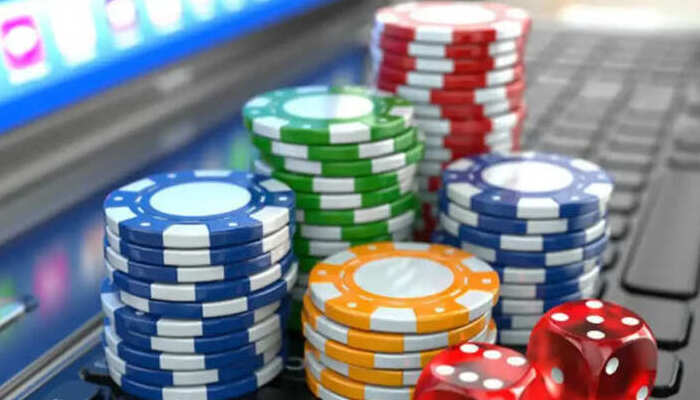
Modern Pachinko: The Game That Definitely Isn’t Gambling!
“Japanese pinball”, a.k.a. pachinko (パチンコ) has a short but colorful history in Japan. And modern pachinko –
with all its flashy gaudiness – looks a fair bit different than its humble predecessor.
But how did the game of pachinko get started? Let’s look at a bit of its history all the way up to the glory – and numerous issues – of modern pachinko.
What is pachinko?
If you’ve ever been to a major city in Japan, you’ve seen modern pachinko parlors. They’re almost impossible to ignore. Many are advertised with gaudy, brightly-lit signs. Even the more subdued ones are dotted with pictures advertising new pachinko and slot machines featuring the latest popular anime and manga characters.
The basics of the game are pretty simple. Players sit at a machine they fancy and insert money. Most machines these days take either bills or some form of IC card, such as Suica or Pasmo. (Yes, you can gamble away your subway money. Good luck getting home, loser.)
Players then press a button to release a certain number (usually in the hundreds) of small, round balls. As the balls snake their way through the machine over a series of pins, players manipulate a dial. The goal is to influence the movement of the balls towards the left through precise movements of the dial.
If users get it right (and if chance allows, of course), the balls start to land in the center of the machine. This is called 大当たり (oo-atari, “the big prize”). A special animation usually scrolls across the screen in the machine’s center, giving players the dopamine rush they so desperately crave.
Different machines can also add in different types of bonus rounds and whatnot to keep players stimulated. Different machines will also incorporate different pin patterns
After players have filled up their ball catcher, they can call a staff member over to exchange the balls for a prize ticket. That ticket can ultimately be redeemed for money[1].
I say “ultimately” because the process is a little circuitous. And it’s circuitous because of pachinko’s odd standing in the Japanese legal system.
Is pachinko gambling?
This may strike you as odd but, legally, pachinko isn’t considered gambling in Japan. The reason has to do with a clever legal loophole that pachinko parlors adopt to circumvent the gambling laws.
In Japan, there are five forms of publicly operated, legal gambling: horse racing (競馬), cycling races (競輪), boat races (競艇), auto racing (オートレース), and the lottery (公営くじ). All other forms of gambling are strictly illegal.
So…what the hell’s up with pachinko, then?! How do they get away with it?
The Three-Store System
Let’s go back to that ticket you got after exchanging in your pachinko balls. Pachinko parlors skirt Japan’s gambling laws through a clever ruse called the three-store system (三点方式; santen houshiki). Pachinko actually runs as three separate businesses:
The Japanese pinball parlor, where you play the game, earn balls (“medals”) and exchange the balls for a “prize” (景品). This is where your ticket comes in: you exchange your tickets of collected balls for the prize. The prize is generally a card holding some amount of metal (silver, gold) of actual monetary value.
A “prize exchange center”, where you can exchange the prizes you received from the pachinko store for cash.
A wholesale distributor, who buys the exchanged prizes from the prize exchange center and sells them back to the pachinko store.
In other words, the “pachinko parlor” isn’t running a gambling operation because it’s not exchanging your ticket for money – just “prizes”[2]. This means that, legally, pachinko parlors don’t fall under the country’s laws regulating gambling. Rather, they call under the laws regulating entertainment, nightlife, and the sex industry (風営法; fuueihou).
The system has another benefit for gamble- oops, sorry pachinko players: winnings arent’ taxed like gambling winnings. If you win money through a form of state-run gambling (e.g., horse racing), you’ll pay taxes on any proceeds. Since pachinko stores don’t fall under the gambling laws, the same tax rules don’t apply.
While this system works, it only works if pachinko parlor employees follow strict rules. For example, if you ask a pachinko parlor employee where to find a prize exchange center, they won’t tell you. The parlor and the exchange center must have zero ties to one another. If employees start telling you how to change your prizes in for cash, that’s evidence of a tie – and would make the business illegal under Japanese law.











